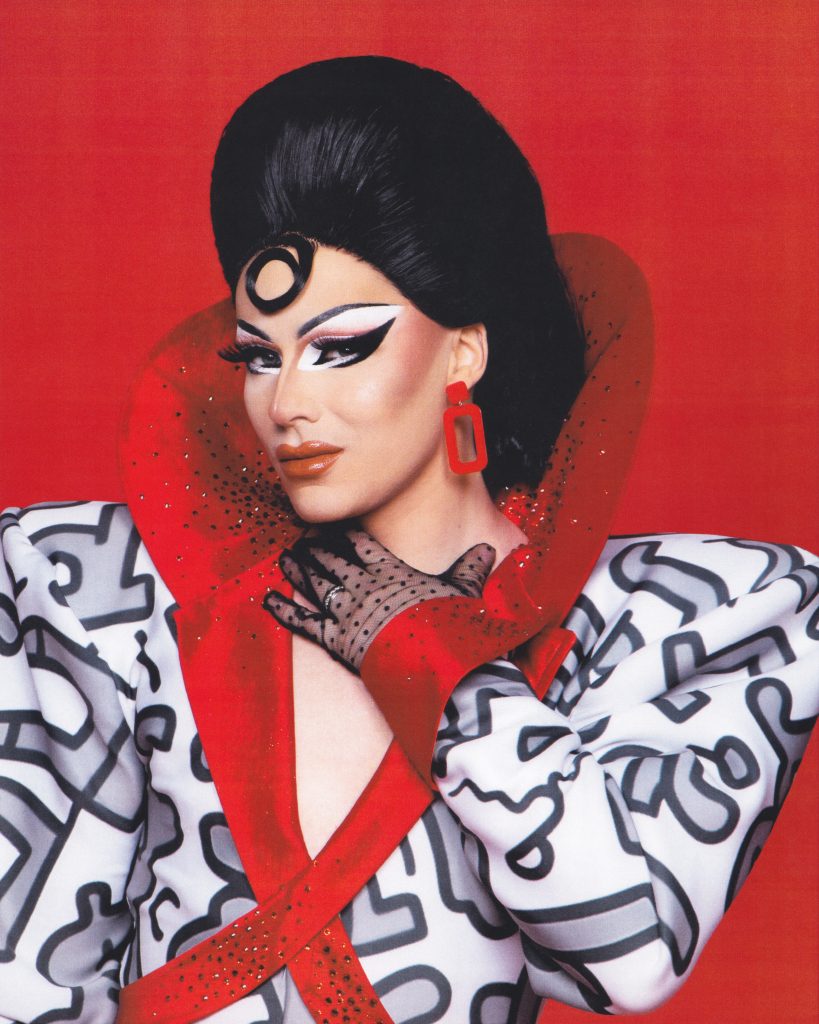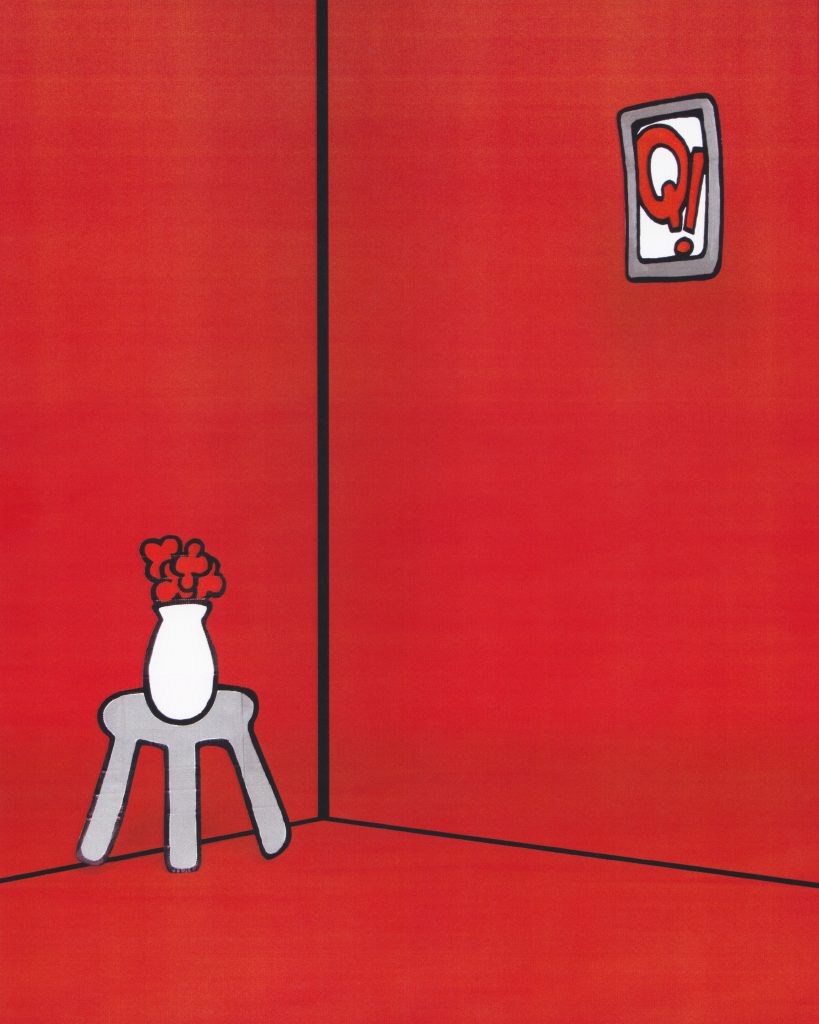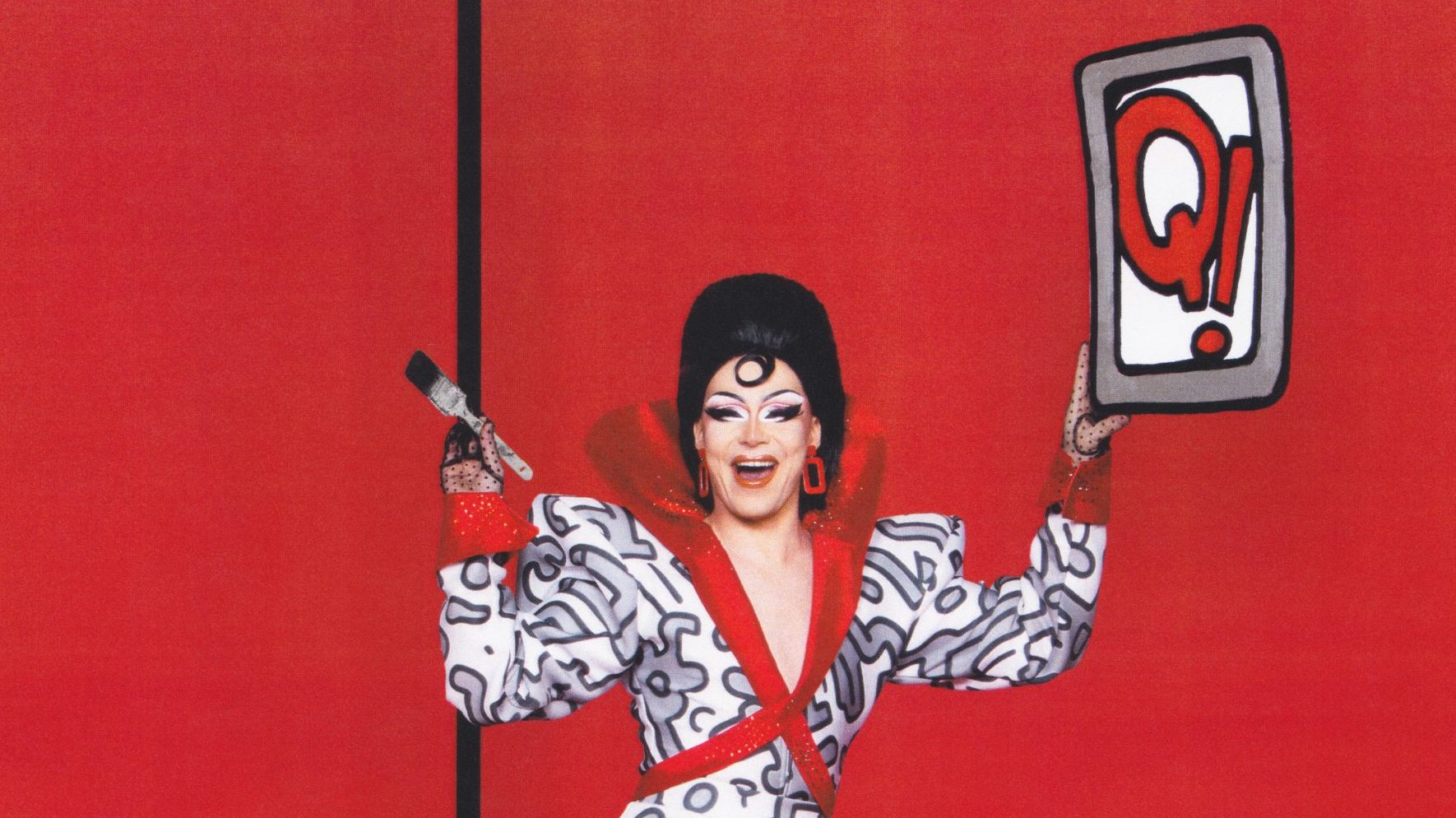RuPaul’s Drag Race Season 16 opened with a shot of green rhinestone-embellished heels walking into the legendary Werk room, followed by the words: “‘Q’ the music because the show is about to start!” Q—a drag queen from Kansas City, MO and the first queen to enter the competition—planned to give America a show. She could never have imagined, however, how impactful that show might be.
“Q is an artist, Q is a diva, Q is beyond,” she said on the first episode of the drag competition series. Q is also HIV positive—she disclosed her status on national television later in the season.
“Being open about my status with the world felt truly freeing—like a weight lifted off my shoulders."
Her story echoes stories from so many people living with HIV. “It’s crazy how much people with HIV have to deal with,” she said. “I’ve been treated differently by healthcare providers.”
“People have said really awful nasty things to me and almost dehumanized me,” she said while discussing her status on the Drag Race episode. But Q has found strength and has persisted through negativity, adversity, and stigma. Q offered a message of hope on social media after the episode aired: “I am HIV+ and undetectable. I am healthy. I am loved. My life is good. I’m living my dream. Let’s work together to end the stigma.”
Q will be with us in Central Park for AIDS Walk New York 2024, joining thousands of others to Stride Past Stigma.
We caught up with Q ahead of her AIDS Walk New York appearance to talk about her decision to disclose her status on national tv, the ubiquitous myths surrounding HIV, and how each of us can work to end stigma.
“I remember being so scared and feeling so alone during my diagnosis,” Q told us. On the show, she said she was scared about how she was going to be treated by family and people around her who didn’t understand—because of stigma. “I just wanted to maybe alleviate that feeling in others going through the same thing,” she continued during our conversation. “I felt that someone seeing me talk about it might provide them some relief.”
But talking about her status on one of the most-viewed television shows is no light task. In doing so, she opened herself up to allies and critics alike. “I was definitely nervous,” she told us. “But I knew from the beginning that I wanted to make a statement with sharing my status.” She didn’t let the nerves, or the potential critics, stop her: “being open about my status with the world felt truly freeing–like a weight lifted off my shoulders.”
Her nervousness came from the stigma that surrounds HIV in our culture. “We live in a world where stigma shapes the environment of sexual health and ultimately someone’s experience being HIV+,” she told us. “If we can break down these barriers that stigma creates, we can get to a place where people are getting tested more, are more informed about PrEP, and unafraid of those that are living with HIV+.”


We couldn’t agree more. GMHC works to break down stigma through education, access to services and visibility. Q added that candid dialogues about testing can help break down barriers as well: “we need to have more conversations about testing because we’re not teaching it as something that everyone should be doing.” Stigma around testing continues to be a challenge. “People see [testing] as this negative thing and are afraid of it,” Q told us. “But if we can implement it more systematically in a normal and natural way, I think that’s ultimately a lot of the battle.”
Testing remains a crucial part of GMHC’s approach to reducing new HIV infections. The GMHC Testing Center provides free HIV and STI testing and ensures clients are linked to medical care for treatment—including the initiation of PrEP and PEP. Our programs also ensure clients living with HIV and AIDS are engaged with medical care to achieve an undetectable viral load. Viral load being undetectable means the virus is untransmittable—colloquially termed U=U. “U=U is the fact that someone who is undetectable cannot transmit HIV to another person,” Q told us.
Q shared she has an undetectable viral load—we asked her what this means to her. “It means a lot to me because I can have a relationship with my husband and know I’m not putting him at risk,” she said. “We’ve gotten to this amazing place where HIV treatment can [make] the virus untransmittable. It gives me a lot of hope for the future.”
That’s where we left off with Q, with hope for the future. Choosing to disclose her status on national television was undeniably brave, but she knew that visibility is one of the strongest ways to break down the stigma surrounding HIV and AIDS.
People like Q give us hope—hope that our future will continue to be a bit brighter as we work together to dismantle stigma.
This interview with Q has been edited for length and clarity.
Stay in the Know
Sign up to receive our monthly newsletter, updates about events, and other helpful information.

